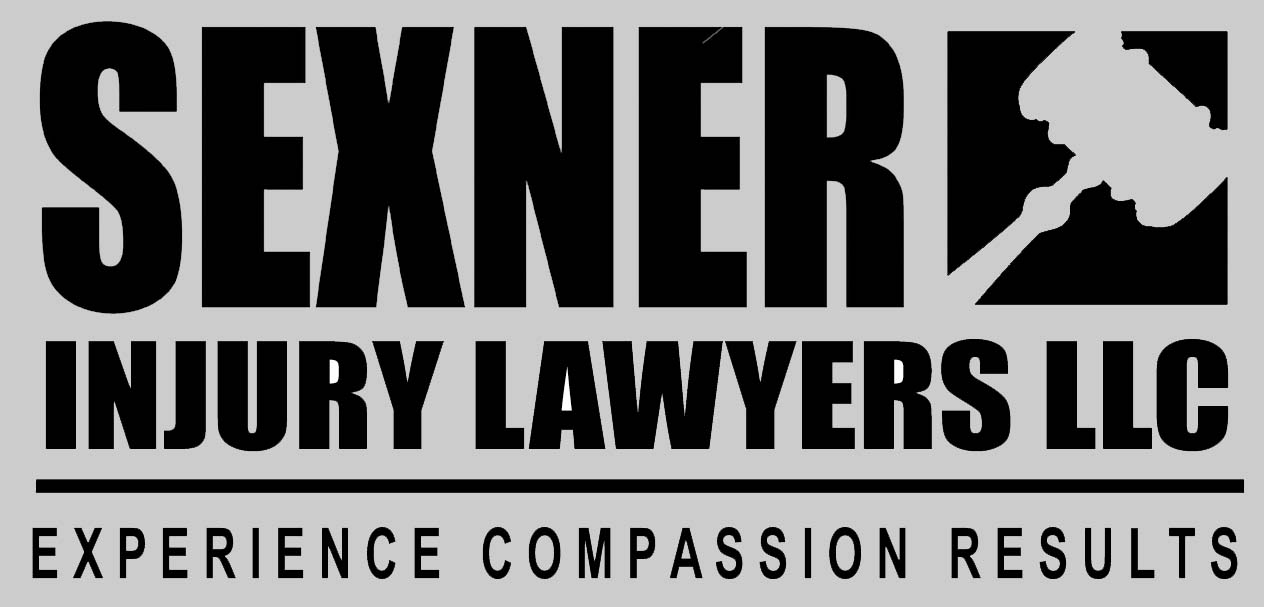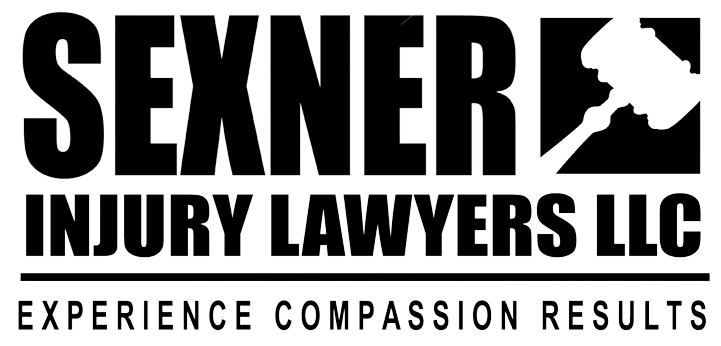Chicago Anencephaly Claim Lawyers
 Anencephaly is a congenital birth defect in which a baby is missing parts of the brain and skull. It is a type of neural tube defect (NTB). During the first month after conception, the fetus's nervous system is made up of cells of the neural plate. During normal development, these cells will fold back onto themselves and create what is referred to as the "Neural Tube." This tube turns into the spinal cord, backbone, and the upper part eventually turns into the brain. But this genetic abnormality prevents the tube from closing completely and, as a result, a baby born with anencephaly is born without the forebrain (front part) or cerebrum (part that regulates coordination and thought). Other parts of the brain are usually not covered by either skin or bone.
Anencephaly is a congenital birth defect in which a baby is missing parts of the brain and skull. It is a type of neural tube defect (NTB). During the first month after conception, the fetus's nervous system is made up of cells of the neural plate. During normal development, these cells will fold back onto themselves and create what is referred to as the "Neural Tube." This tube turns into the spinal cord, backbone, and the upper part eventually turns into the brain. But this genetic abnormality prevents the tube from closing completely and, as a result, a baby born with anencephaly is born without the forebrain (front part) or cerebrum (part that regulates coordination and thought). Other parts of the brain are usually not covered by either skin or bone.
Anecephaly involves a baby with an underdeveloped brain and skull and is usually fatal. In some cases, the mother may have been prescribed certain drugs, antidepressants, or contraceptives and may not have been fully informed about the dangers while pregnant. These are all risk factors. If the condition is discovered during pregnancy, it is often too late to treat. Mothers must be made aware of the need to take folic acid, and what drugs to avoid. A failure to do so, and to properly monitor the mother, may be cause for a malpractice lawsuit from a Chicago anencephaly attorney from Sexner Injury Lawyers LLC. Contact us at (312) 243-9922 for a free consultation.
What Are Risk Factors for Anencephaly?
Each year, anencephaly affects only a handful of births out of every 10,000. The causes of anencephaly are largely unknown, but many medical experts believe that it is caused by a combination of genetic and other factors which may include environmental causes - such as pesticides, and particularly medicines used during pregnancy. According to the Centers for Disease Control (CDC), researchers have identified a few things that may increase or reduce the risk of this birth defect:
- A higher risk of anencephaly exists among Hispanic-born babies. It is unknown as to why.
- Drugs such valproic acid, the birth control pill, and antimetabolic drugs increase risk.
- Taking folic acid can greatly reduce the risk.
Life Expectancy and Treatment of Babies Affected by Anencephaly
Of babies affected, although approximately 25% die during pregnancy or birth; most of the remaining 75% die within hours or days. There is no known treatment for anencephaly.
Medical Malpractice Claims for Anencephaly
Although anencephaly is often the result of genetics, it is also strongly linked to certain drugs and medicines used during pregnancy that may affect the formation of the fetus’ "neural tube." It is the responsibility of the OB/GYN to properly monitor the mother’s pregnancy and do everything possible to avoid outside influences on the baby’s formation.
One of the main ways that a doctor can protect the growing fetus is to avoid prescribing drugs which have been linked to neural tube defects such as anencephaly. Few people thoroughly read (or understand) the long warning labels that come with a new medication and non-doctors cannot be reasonably expected to know which medicines or drugs are okay to use. Because of this, pregnant women almost always rely on doctors’ trusted advice.
When a doctor fails in his or her duty to protect a woman from harmful drugs or other outside influences, a lawsuit for medical malpractice may be the right thing to consider. Some such drugs include:
- Valproic acid, which is prescribed to treat seizures, bipolar disorder (manic-depressive illness), and prevent migraines.
- Depakote, which is also prescribed to treat a variety of seizure disorders.
- Birth control pills and contraceptives.
- Some antimetabolic drugs.
- Some SSRI antidepressants, such as Clomid, Zoloft, Paxil, Prozac, Lexapro and Celexa.
In addition to a doctor’s duty to protect a woman from drugs which may cause birth defects, it is also a doctor’s duty to diagnose such abnormalities at the earliest possible opportunity, so that the mother can make informed decisions about her health and those issues affecting her fetus. Without a doubt, the most personal of all decisions is whether a mother chooses to terminate or continue with her pregnancy. When a doctor fails to provide the mother with timely information about the growth of her fetus, the mother is deprived of this choice. Such lawsuits are called "wrongful life or wrongful birth" cases and may be considered medical negligence.
Usual testing is accomplished with an ultrasound. Another important tool is the MSAFP screening test, which measures important alpha-fetoprotein levels in the mother’s blood while pregnant. Although all pregnant women should be offered this test, if a doctor fails to offer the test to women with certain higher risks he or she may be considered particularly negligent. Women with higher risks include those:
- With a family history of birth defects;
- Who are over 35 years old;
- Who have taken certain possibly harmful medications or drugs;
- With diabetes.
Contact Our Chicago Anencephaly Attorneys Today
When anencephaly or other birth defects are discovered, parents are forced to come to term with incredibly hard decisions. Since 1990, the Chicago birth injury lawyers at Sexner Injury Lawyers LLC have been assisting families during these difficult times. We can investigate your circumstances at no charge to you and help you determine whether medical malpractice contributed to your child’s injury in any way. Call us free of charge now at (312) 243-9922 to see how we can be of help.

